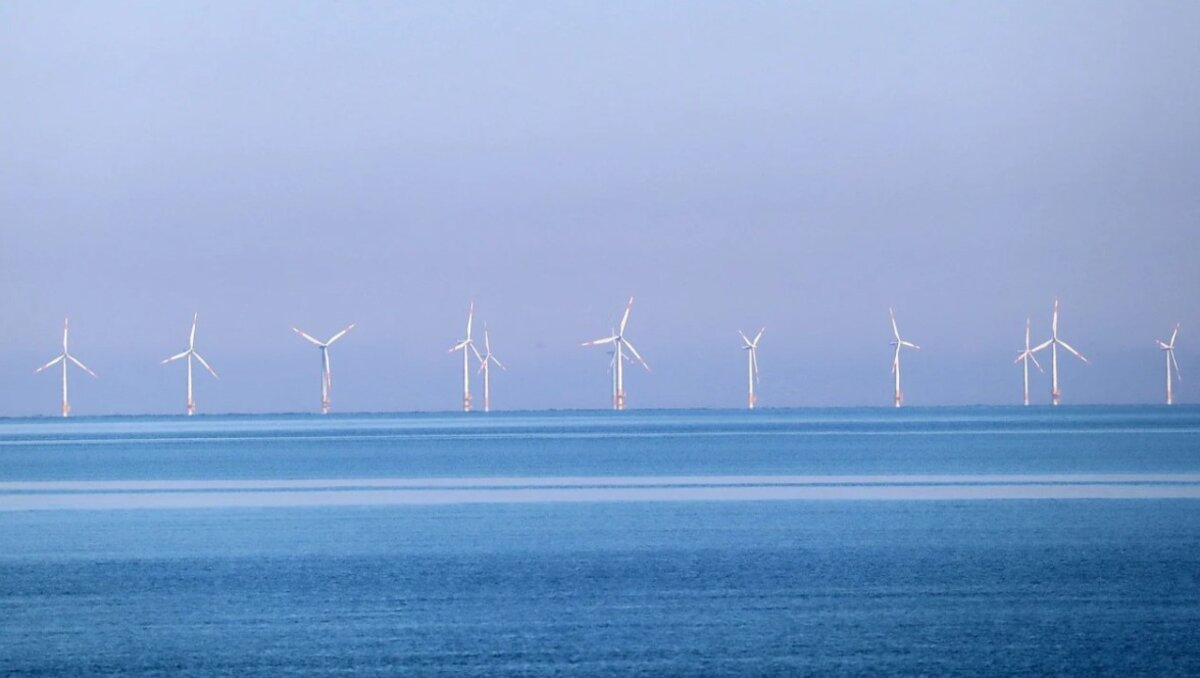
Agrandissement : Illustration 1

With the support of the European Union, France is now showing great ambition in the development of marine renewable energy. As part of its energy transition policy, the government has had no qualms about launching major wind farm projects in the very heart of marine protected areas, which, apart from the question of their social acceptability, raises delicate legal problems. Two good examples of this are the controversial offshore wind farm projects off the coast of Dunkirk (in a protected area known as "Natura 2000") and off the island of Oléron (also in a "Natura 2000" site and, moreover, in the middle of a natural marine park).
These projects are all the more problematic in that they use "land-based" wind turbine technology, which requires a much stronger anchorage in the soil and has a significantly greater impact on the seabed than "floating" wind turbines (with anchor chains). As Heather Smith writes (Sierra Magazine): "Offshore wind that floats and wave and tidal power that isn’t destructive to local ecosystems will be game-changers once they are affordable and reliable. They deserve more research and development support"[1]. We think about offshore wind projects off California and Oregon.
But the French government is taking a big gamble here, which, in the end, may not be a win-win situation for the credibility of the offshore wind industry. Taking advantage of a lack of resolve on the part of the major environmental organisations on this sensitive subject and relying on the relative flexibility of environmental law in the field of the preservation of marine protected areas, it is stubbornly refusing to see the contradictions in this adventurous policy, which undermines the essential strengthening of the protection of marine biodiversity. This is despite the fact that the French Minister for Ecological Transition declared before the National Assembly that respect for biodiversity was a central parameter in the location of wind farms...
Legally, it follows from the two European "Natura 2000" directives ("birds" and "natural habitats") that projects located in "special protection areas" and/or "special conservation areas" cannot be authorised if the required environmental assessment shows "that their implementation would undermine the conservation objectives of a Natura 2000 site" (Article L. 414-4 VI. of the French Environmental Code). This is also clearly stated in European (Court of Justice of the EU) and French case law. If there is a possible derogation in the case of an "imperative reason of overriding public interest", this is strictly interpreted and can only be applied in the absence of alternative solutions.
As for the legislation governing marine nature parks (for example, the wind farm project off the island of Oléron), apart from the assent that must be given by the French Office for Biodiversity, the law insists on their contribution to the protection and sustainable development of the marine environment, which seems difficult to reconcile with a very large wind farm, to say the least.
In the end, if the 2022 presidential campaign does not lead to a review of the most problematic French offshore wind projects on this key environmental issue, the law may well intervene...
Translated from the French by Frank Healy.
[1] Heather Smith, The Oceans Need Us. Here’s How We Can Help. Sep 27 2019: https://www.sierraclub.org/sierra/oceans-need-us-here-s-how-we-can-help
See also: L. Siggins, Wind farms could be threat to birds and biodiversity, April 16 2021, The Times: https://www.thetimes.co.uk/article/wind-farms-could-be-threat-to-birds-and-biodiversity-hcz6rfflf



